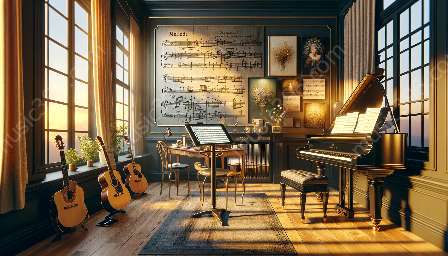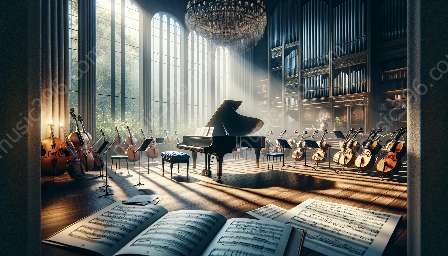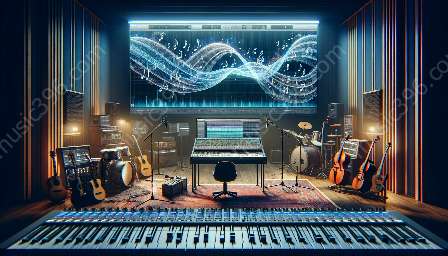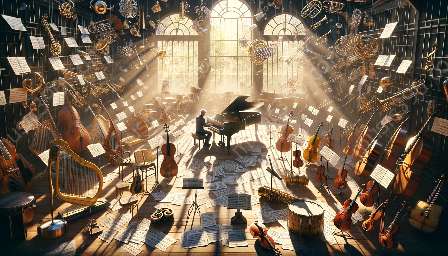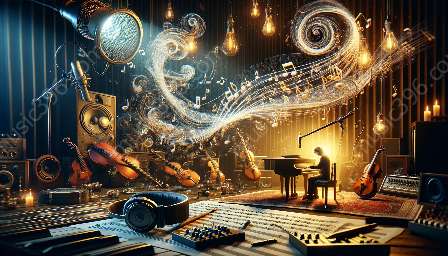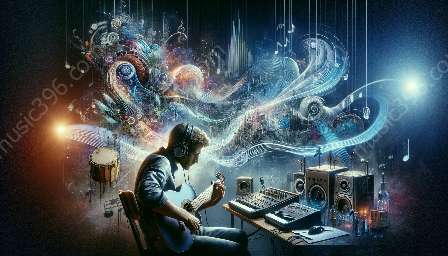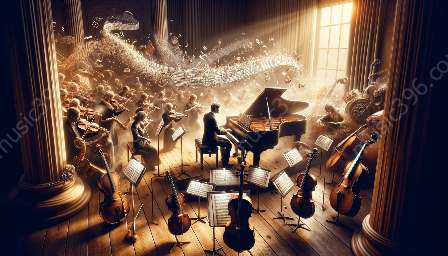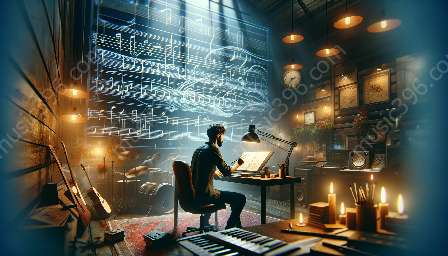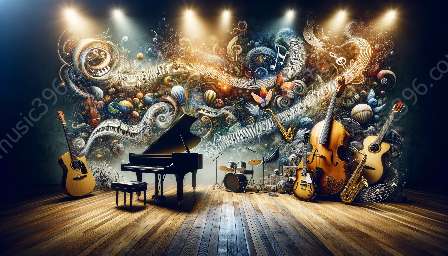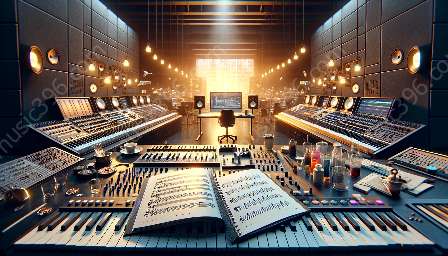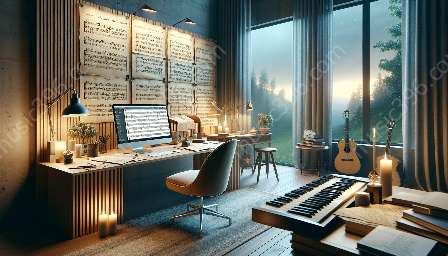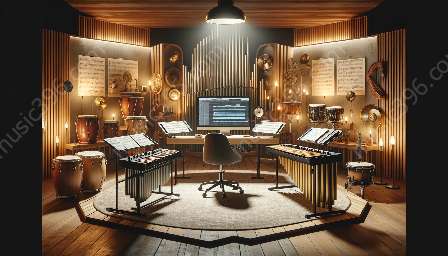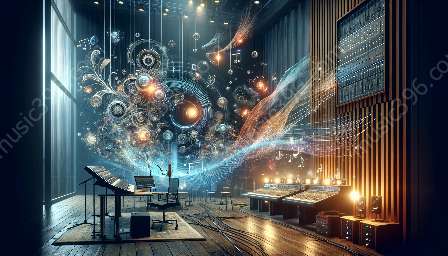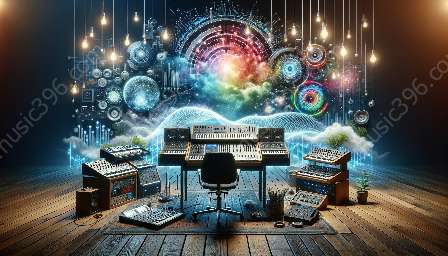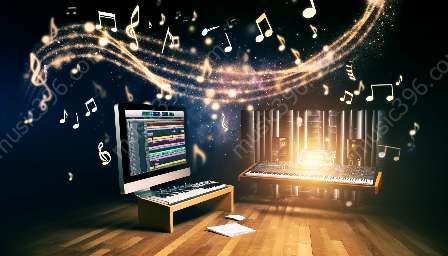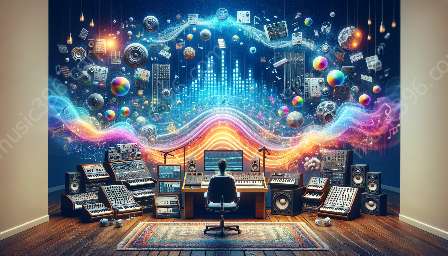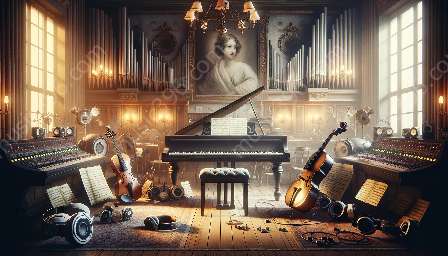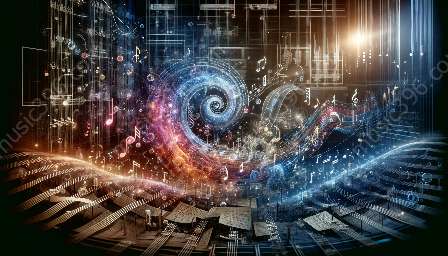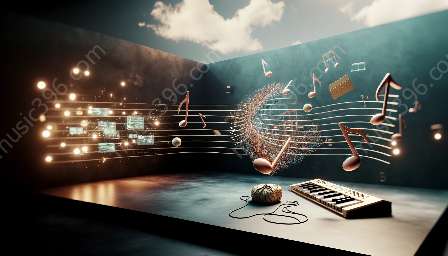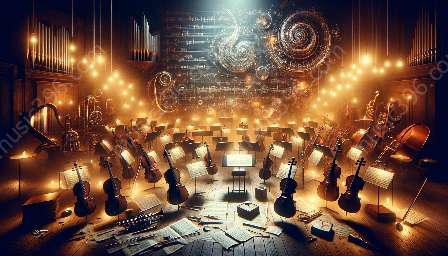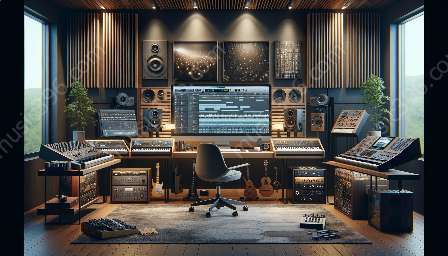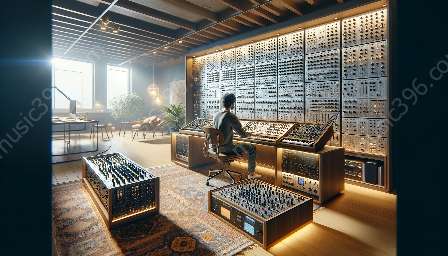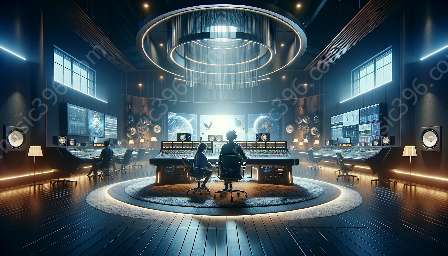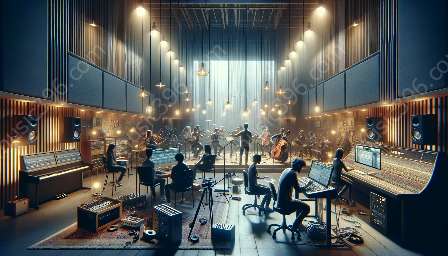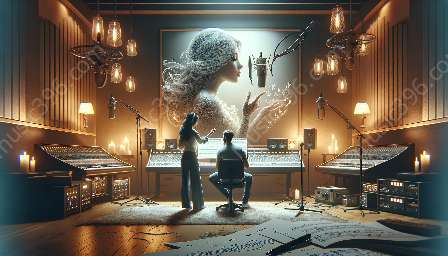Music composition has undergone remarkable evolution propelled by modern composition techniques, leading to the birth of new musical genres and exciting sonic landscapes. Through the integration of innovative approaches, composers have been able to break traditional boundaries, explore new sound dimensions, and captivate audiences with fresh musical experiences.
Understanding Modern Composition Techniques
Modern composition techniques encompass various methodologies, technologies, and approaches that have redefined the traditional norms of music creation. These include:
- Augmented Reality: Utilizing technology to create immersive and interactive musical experiences, blurring the lines between the physical and the digital worlds.
- Algorithmic Composition: Employing algorithms and computational processes to generate musical material, shaping intricate patterns and structures.
- Electroacoustic Composition: Integrating electronic sounds and traditional instruments to forge unconventional sonic expressions and experiment with acoustics.
- Musique Concrete: Manipulating recorded sounds to construct music without conventional musical instruments, exploring the potential of everyday sounds.
- Microtonal Systems: Embracing unconventional tuning systems and scales to expand the tonal palette and challenge traditional tunings.
These techniques empower composers to traverse uncharted territories, creating compositions that push the boundaries of what is considered musically possible.
Altering the Musical Landscape
By integrating modern composition techniques, musicians have been able to diversify and expand the music industry, giving rise to new and innovative genres that resonate with contemporary audiences. These techniques contribute to the development of new musical genres in the following ways:
- Hybridization and Fusion: Modern composition techniques facilitate the blending of disparate musical styles and cultural influences, leading to the emergence of hybrid genres that defy categorization.
- Experimental Soundscapes: Composers utilize modern techniques to craft avant-garde sounds, creating experimental genres that challenge established norms and redefine artistic expression.
- Immersive Experiences: Through the use of advanced technologies, composers are able to construct immersive musical environments, giving birth to genres centered around interactive and multi-sensory experiences.
- Cultural Synthesis: Modern composition techniques enable artists to fuse elements from diverse cultural traditions, engendering genres that celebrate global diversity and connectivity.
These developments have broadened the musical landscape, offering audiences a rich tapestry of genres that cater to diverse tastes and preferences.
Impact on Artistic Innovation
The incorporation of modern composition techniques has profoundly influenced the trajectory of artistic innovation within the realm of music. Composers have leveraged these techniques to:
- Push Creative Boundaries: By embracing cutting-edge tools and methodologies, composers have expanded the possibilities of musical expression, paving the way for unparalleled creativity and experimentation.
- Challenge Audience Expectations: Modern composition techniques disrupt conventional notions of music, prompting audiences to engage with challenging and thought-provoking sonic experiences that defy preconceived notions.
- Embrace Interdisciplinary Collaboration: Through interdisciplinary collaborations with technologists, visual artists, and scientists, composers have forged innovative genres that fuse diverse artistic and scientific disciplines.
- Evoke Emotional Resonance: Modern composition techniques enable the creation of evocative and emotionally stirring musical experiences that resonate deeply with listeners on a profound level.
This influx of innovation has redefined the artistic landscape, fostering a climate of boundary-pushing creativity and artistic dynamism within the world of music.
Driving Technological Advancements
Furthermore, the utilization of modern composition techniques has played a pivotal role in driving technological advancements within the field of music. The integration of:
- Artificial Intelligence: AI-powered composition tools have democratized music creation, allowing individuals to experiment with complex compositional techniques and algorithms.
- Virtual Reality: VR technologies have revolutionized the way audiences experience music, offering immersive and interactive platforms for musical exploration.
- Computer-aided Composition: Advanced software has empowered composers to visualize and manipulate musical structures with unprecedented precision and complexity.
- Interactive Performance Technologies: The marriage of music and interactive technologies has given rise to live performances that transcend traditional boundaries, fostering dynamic and participatory musical experiences.
These advancements have not only transformed the process of composition but have also enriched the listener's experience, offering new avenues for engagement and artistic interaction.
Closing Thoughts
As we continue to witness the evolution of modern composition techniques, it becomes evident that these innovations are not only reshaping the musical landscape but also redefining the very essence of musical creation. By embracing advanced technologies, computational processes, and novel methodologies, composers are cultivating a diverse and vibrant array of musical genres that challenge, inspire, and captivate audiences worldwide.


